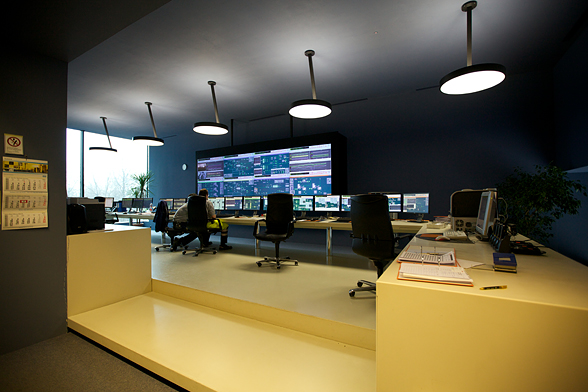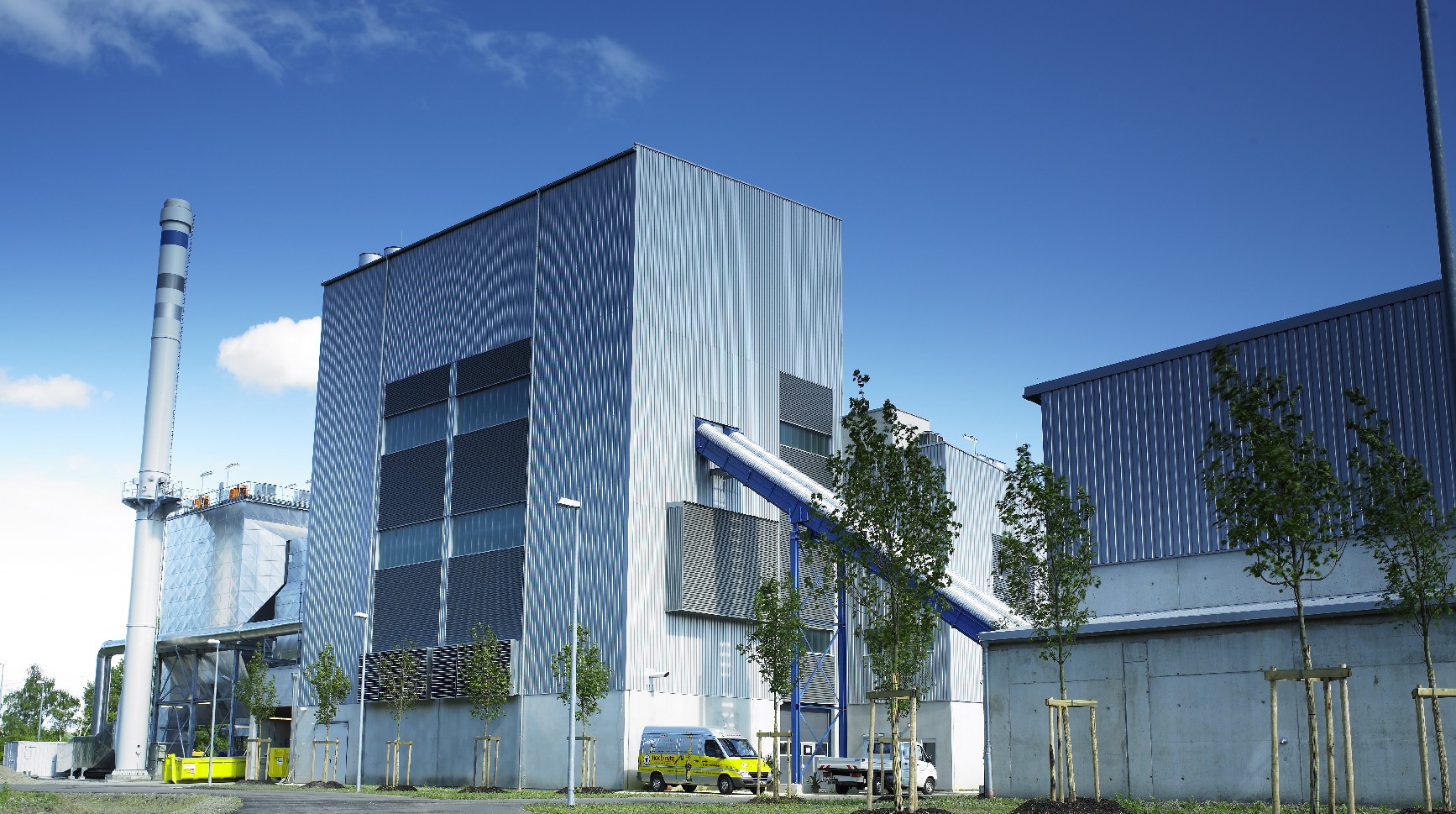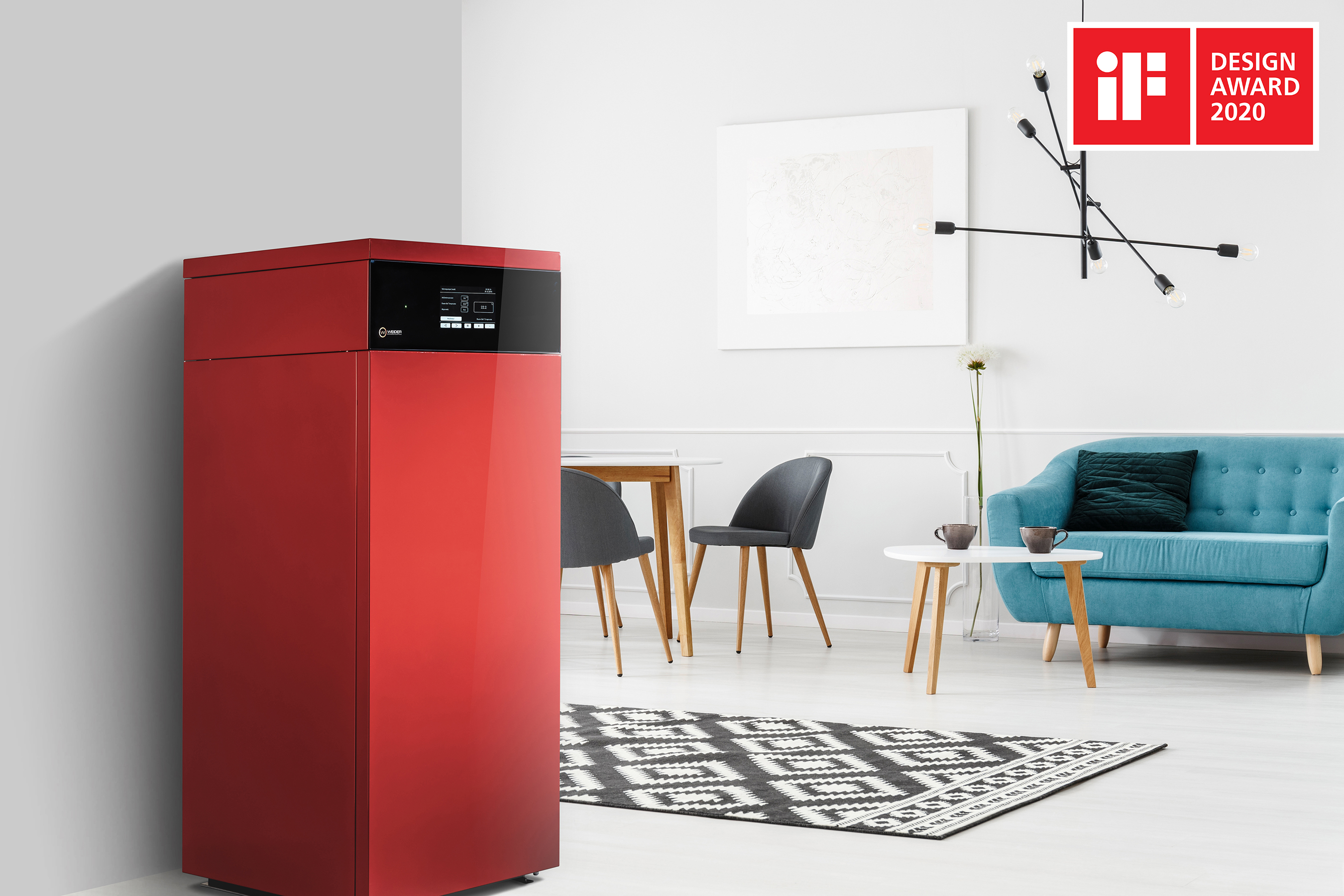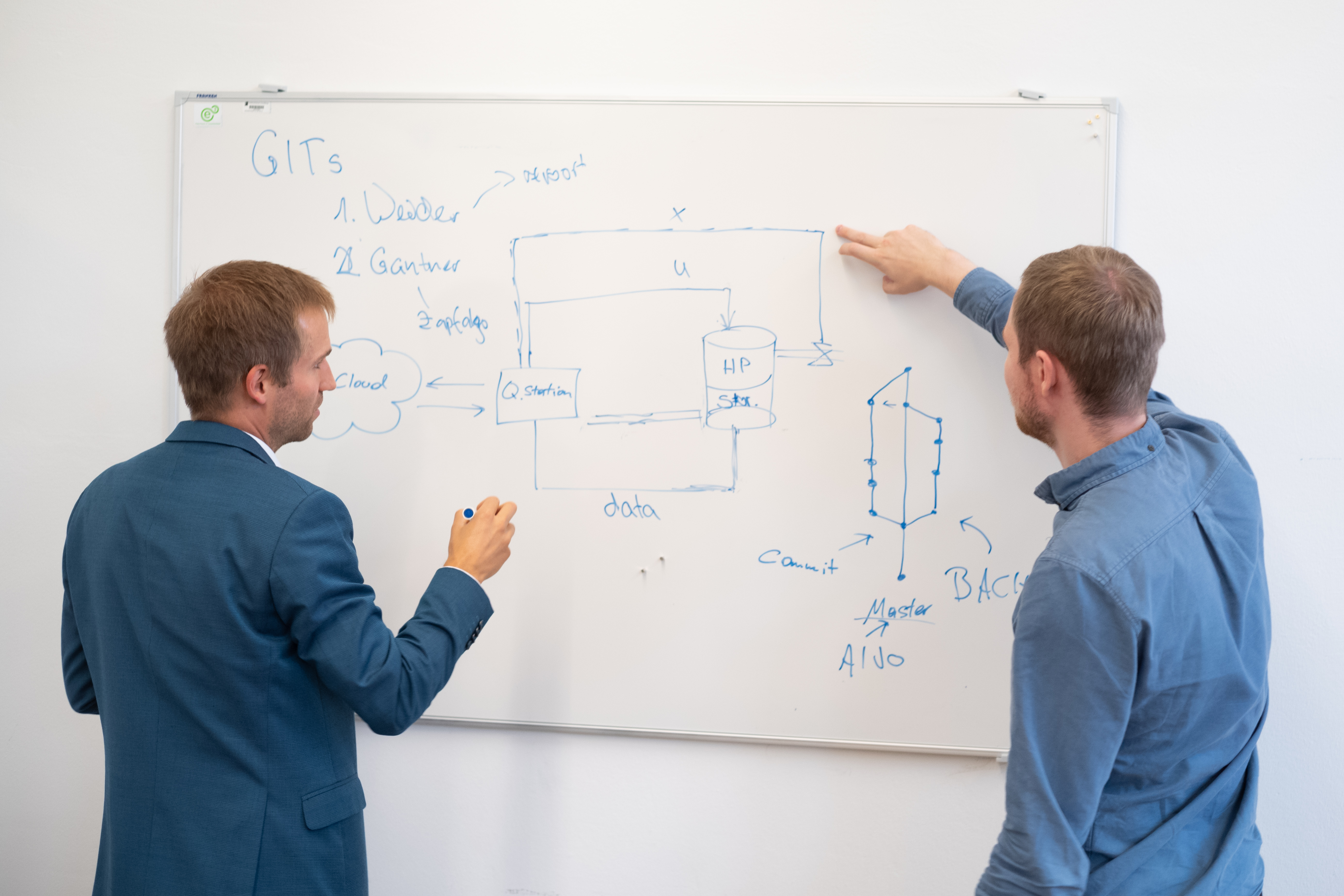JR Centre for Intelligent Thermal Energy Systems
Head of research unit
Commercial Partner
Duration
Thematic Cluster


Thermal systems have a lot of operating data, recorded by their sensors. In order to use this data more efficiently, this JR Centre is researching ways to evaluate and use it intelligently, e.g. for predictive maintenance.
The thermal energy supply, e.g. the heating or cooling of buildings or systems, is undergoing increasing digitalisation. Many thermal energy systems already have sensors whose operating data is recorded and stored. Examples include entire power plants, digitally controlled heat pumps in smart homes and sophisticated cooling systems in the food industry. So far, however, their data has not been adequately analysed and used to create added value for manufacturers and customers, as analysing and utilising it is methodologically extremely complex. This is usually not the core competence of the manufacturing companies. This JR Centre now wants to contribute its expertise in the fields of process engineering, thermodynamics, energy system analysis and evaluation, applied mathematics, optimisation and data science in order to make the available data usable. The aim is to develop systems for predictive maintenance and control, operational planning and strategic plant design, the utilisation of historical data and life cycle analysis, as well as automated expert systems and intelligent reporting.
In concrete terms, this means that cooling systems in the food industry, for example, have usually worked with a high level of redundancy to compensate for the failure of individual cooling units. However, if all existing system data can be read out and intelligently evaluated, as this JR Centre proposes, then it is also possible to reliably predict when the system needs to be serviced to prevent failure. This reduces the need for redundancies and saves costs. In the case of the heat pump in the home, which may also want to make optimum use of times of day when electricity is cheap, the system can also be optimised using intelligent analysis based on operational and historical data. Biomass power plants, on the other hand, can be optimised through continuous monitoring of operating conditions and comparison with historical data to achieve higher yields of renewable electricity. The aim is to enable manufacturers to continue to maintain and support thermal systems, which are regarded as long-term investments, even after they have been installed, to incorporate the knowledge gained into the development of future systems and thus to generate benefits for customers and manufacturers. To achieve all this, this JR Centre is laying the scientific foundations for the utilisation of existing data.


Christian Doppler Forschungsgesellschaft
Boltzmanngasse 20/1/3 | 1090 Wien | Tel: +43 1 5042205 | Fax: +43 1 5042205-20 | office@cdg.ac.at

